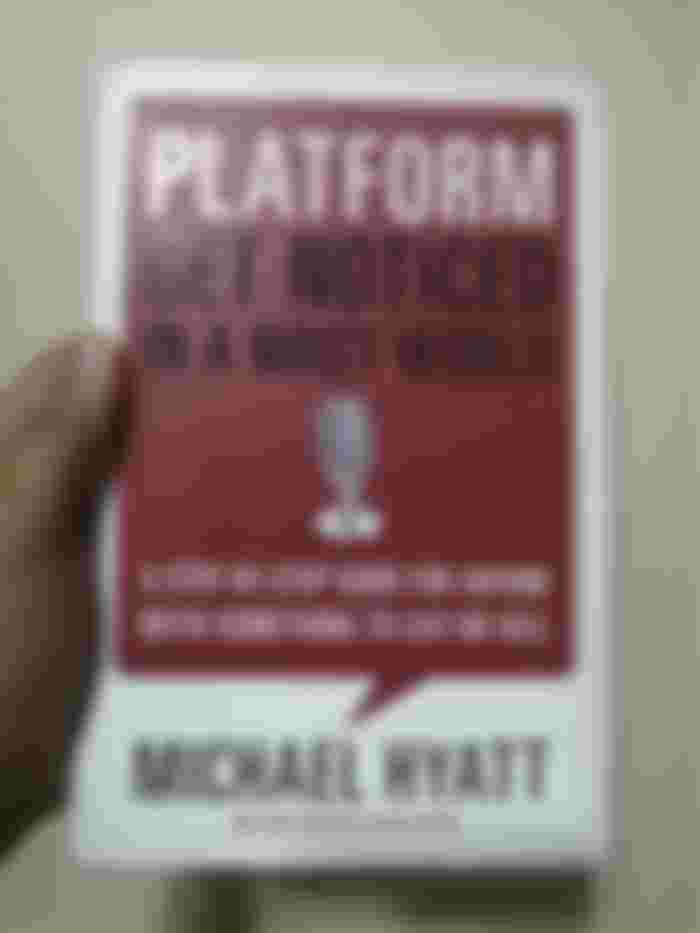Writing is one of the primary forms of communication, alongside speech and visual communication. Imagine a world without a written communication – perhaps word of mouth from generation to generation would not be enough. Thankfully, writing has been around since time immemorial. It has grown from cryptic characters to organized and formalized alphanumeric symbols.

But writing is just half slice of the pie, the other half would be the writer himself. No matter how complicated the message is, the skillful writer can communicate it well to his intended readers. Ancient writers served as scribes and chroniclers, but today they are everywhere – content writers, copywriters, scriptwriters, book authors, speechwriters, etc. The craft of writing is everywhere!
Without the writer, there would be no clear written message. An effective message depends on the effectiveness of the writer. So what makes an effective writer?
An effective writer knows his audience.
He knows to whom he is going to address his message. He is not amiss with his words. When writing to businessmen and political leaders, the tone of his writing is formal and with authority. When writing academic papers, the output should be free from playful words and street-lingo. When addressing the youth, the tone should be youthful and not dull.
Knowing your readers will determine how you will attack your message. You relay information, and it has to connect with your intended audience, otherwise, you will lose your chance.
An effective writer knows when to beat around the bush (and when not to).
He does not dilly-dally when it is not needed. Formal letters and memos need to be direct to the point. Novels and short stories need an injection of playful words that tickles the imagination. Sportswriters make sure their words imbibe action and thrill.

To communicate is the name of the game. One does not play with words when it is not necessary. Imagine if newscasters read countless thees and thous in their reports? Wouldn't it be awkward? Or novelists use direct words such as sunlight instead of the colorful "warm, tender kisses from the morning sun". Wouldn't it be boring? Of course, we know it to be sunlight, but we need a little tickle to our imaginations.
An effective writer writes regularly
Effective writers are called writers for a basic, obvious reason - because they write. They cease to be one if they abandon their craft.
My writing mentor encouraged us to write regularly, at least 300 words per day. This is fewer compared to daily word counts of famous writers - Ernest Hemingway - 500/day; Stephen King - 2,000/day; Mark Twain - 1,400-1,800/day; Michael Crichton of Jurassic Park - 10,000/day; Nicholas Sparks - 2,000 and Sir Arthur Conan Doyle - 3,000/day. Imagine their dedication!
This practice helps a writer to master his craft and be familiar with words. Mastery is a matter of discipline. Discipline breeds effectiveness.
An effective writer has his platform
When I say platform, it is where a writer publishes his craft. It can be private like journals or personal diaries. It can be for public consumption such as blogs and social media posts. It can also be for commercial use such as those used in films, marketing agencies, and formal letters. Bottom line is, a writer should write somewhere!

One of my favorite books that speak about this platform is Michael Hyatt's "Platform". According to him, if you have a message to share, don't just share it. You have to make sure that you are reaching your audience right and you know the tools of the trade. But before you can communicate your message, you first need to have your platform.
Personally, my platform is my blog martsvalenzuela.com. I write my thoughts there, and I make sure I give people value through what I write. My social media accounts serve as my platform as well. Even this account turned out to be my platform.
Lastly, an effective writer adds value to his readers
What would happen after your readers receive your message? It should be one from these:
Engaged
Entertained
Encouraged
Educated
Enabled
There must be a change when a message has been transmitted. Wrong notions are corrected, information is disseminated, people are enabled or encouraged from what they read. If nothing happened, then the writer failed to do his purpose. His words landed on deaf ears.
There you have it. Do you have what it takes to be an effective writer? It's not just about words, it's about being a messenger - and an effective one.
On to more writing gigs!
Hi, I am Marts! I am a writer, and aside from my stint here in read.cash, I also have my own blog - martsvalenzuela.com. I appreciate it if you pay me a visit! I plan on growing my readership as I learn to improve my craft and journey towards my passion to write and publish books that add value to people.
Let's rock!


